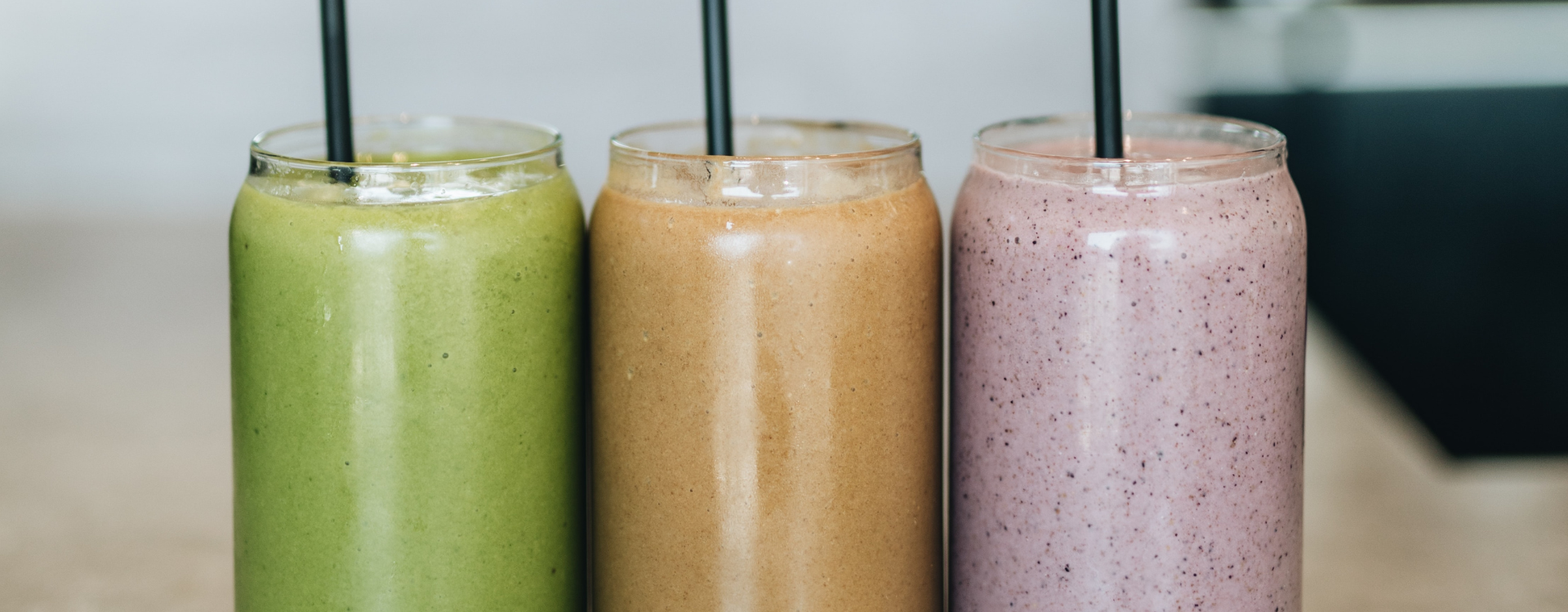Eating a balanced diet during pregnancy is important for the health of you and your baby, and eating healthy, nutritious foods now will help your baby be more open to them when they start solids after 6 months.
Eating smaller meals more frequently is a good rule to follow, especially if you are experiencing morning sickness or heartburn.
What to eat when pregnant:
- At least five portions of fruit and vegetables daily
- Protein foods, such as fish, poultry, eggs, soy and legumes
- Plenty of carbohydrates (bread, rice, pasta, potatoes, cereals)
- Milk and other dairy products (low fat, if possible) for calcium
- Green leafy vegetables, meat and legumes for iron
What to avoid eating when pregnant:
- Soft cheese, such as Brie and Camembert (these can contain the dangerous bacteria listeria) and unpasteurized milk and juices
- Deli meat can also contain listeria, so it’s best to avoid deli meat all together OR heat the meal before you eat it
- More than two portions of oily fish (e.g. fresh tuna, sardines, mackerel, trout) a week. These contain high levels of mercury, which can damage your baby’s developing nervous system.
- Marlin, shark or swordfish, or more than four cans of tuna per week as these also contain high levels of mercury
- Liver or liver products (e.g. pate or sausage) contain large amounts of Vitamin A, which can be harmful to your unborn baby
- Raw or undercooked meats or fish, including sushi
Can I drink alcohol when pregnant?
Alcohol passes into the bloodstream of your unborn baby through the placenta, and too much alcohol can seriously harm him or her. It’s best to avoid drinking alcohol if you are pregnant or trying to become pregnant.
Can I have caffeine when pregnant?
High caffeine intake can result in a low birth weight baby or even miscarriage. Current guidelines suggest that pregnant women limit caffeine intake (including coffee, soda and caffeinated foods like chocolate) to less than 200 mg each day, or about one 12 oz cup of coffee.
All content found on the Lansinoh.com website, including: text, images, audio, or other formats were created for informational purposes only. The content is not intended to be a substitute for professional medical advice, diagnosis, or treatment. Always seek the advice of your physician or other qualified health provider with any questions you may have regarding a medical condition. Never disregard professional medical advice or delay in seeking it because of something you have read on this website.



